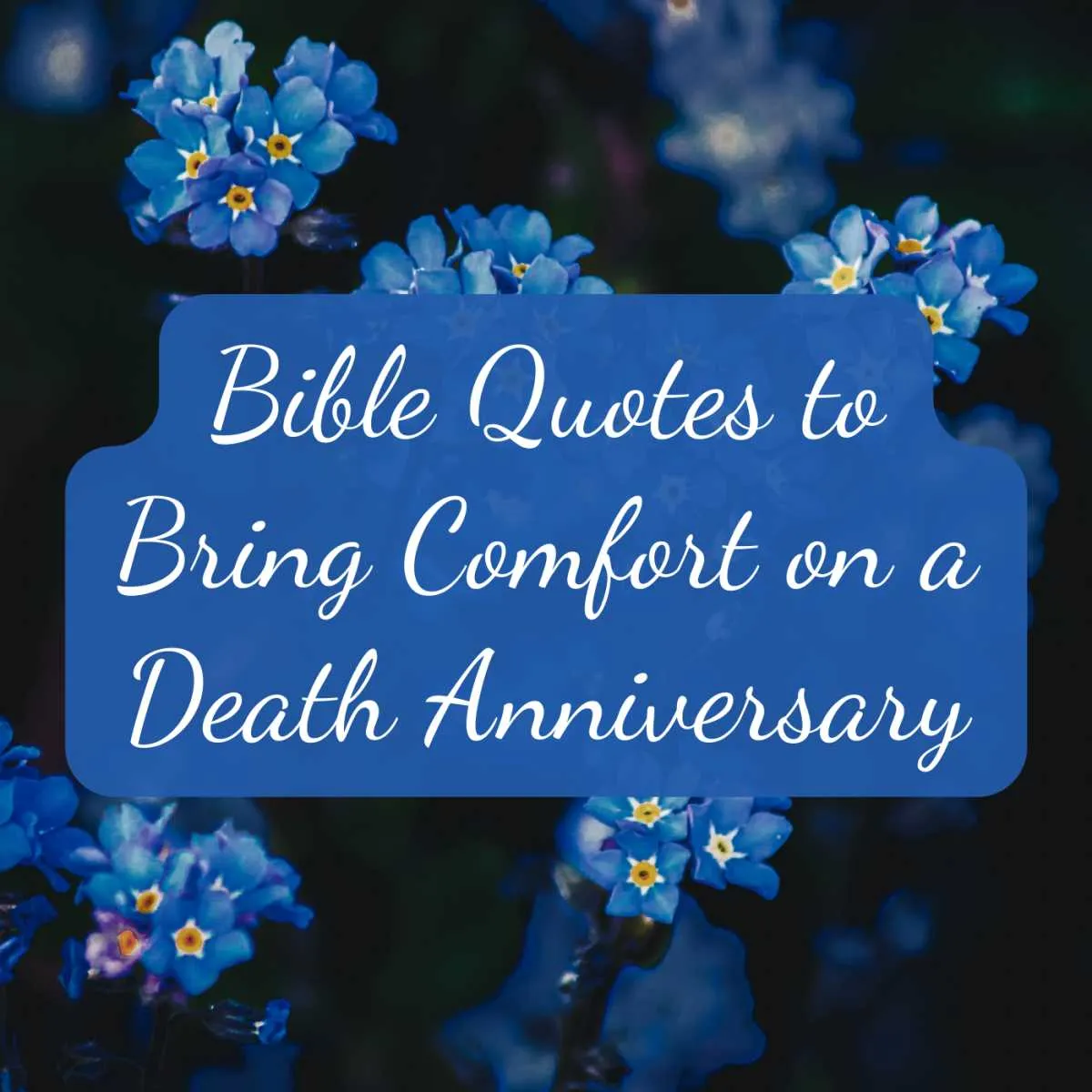How to Respond Thoughtfully to a Death Anniversary Message

When you receive a message on the anniversary of a loved one’s death, responding can feel challenging. However, acknowledging the message with sincerity and gratitude is a meaningful way to honor both the person who passed and the one reaching out. Acknowledge the sentiment with kindness and share a moment of reflection if you feel comfortable. You don’t have to say much–often, just a few heartfelt words are enough.
Consider expressing appreciation for the thoughtfulness behind the message. A simple “Thank you for remembering” can go a long way in acknowledging the other person’s empathy. If the relationship with the deceased is especially close, it might feel right to mention a cherished memory or share how you’ve been coping. A response doesn’t need to be lengthy, just genuine.
It’s also okay to keep it brief if you’re not ready to engage deeply. A message like “Your words mean a lot today” can convey gratitude without requiring you to delve into emotion that may feel overwhelming at the moment. If you’re not in a place to respond right away, it’s perfectly fine to take time and reply when you feel ready. No response is ever wrong as long as it comes from the heart.
How to Acknowledge a Death Anniversary Message Respectfully
Respond with gratitude for the thoughtful gesture. Acknowledge the person’s memory and express appreciation for their support. A simple, heartfelt reply can go a long way in showing that you value their remembrance.
Keep your response concise and sincere. You don’t need to elaborate too much–focus on recognizing the person’s feelings and expressing thanks. You might say, “Thank you for thinking of [name]. It means a lot to us.”
Share a brief, personal memory or sentiment if it feels right. This allows you to connect with the person while also honoring the memory. Avoid long, detailed narratives unless you feel comfortable sharing more.
Respect the tone of the message you received. If it was a formal message, maintain a formal response. If it was more personal, you can match that tone. Tailor your reply to suit the relationship you have with the person who sent the message.
Be mindful of timing. If the anniversary is still fresh, it may be best to keep your message short and avoid overwhelming emotions. Responding at a later time when you feel ready can be a more comfortable approach.
End your message with a positive and warm note. Express your appreciation for their support and kindness. Something like, “Thank you for keeping [name] in your thoughts. Your kindness is deeply appreciated.”
What to Say When Responding to a Death Anniversary Message from Close Friends or Family
Respond with gratitude and authenticity. Express appreciation for the thoughtfulness of the message. Acknowledge the shared memories and the support you’ve received, showing that their words mean a lot to you.
Example 1: “Thank you so much for reaching out today. Your words bring comfort, and I’ll always cherish the memories we have of [Name]. It’s been a tough year, but knowing that others remember and care helps more than I can say.”
Example 2: “I really appreciate you remembering [Name] today. It’s always comforting to hear from you, and it reminds me of how many good times we shared. I miss them so much, but your message makes it feel like they’re still with us in spirit.”
Example 3: “Thank you for thinking of me today. It means a lot to have such caring friends and family. We will always carry [Name]’s memory with us, and I’m grateful to have you by my side during this time.”
Don’t feel the need to force a response. Acknowledge the message in your own time and be open to your emotions. Share how you’re feeling in a way that feels right, whether it’s through a simple thank you or reflecting on a memory that you both hold dear.
Appropriate Responses for Death Anniversary Messages on Social Media
When responding to a death anniversary message on social media, acknowledge the message with gratitude while keeping the tone sincere and respectful. It’s important to recognize the person’s effort to remember your loved one.
- Express Gratitude: Start by thanking the person for their message. A simple “Thank you for remembering” can show appreciation without overcomplicating the response.
- Acknowledge the Memory: You can share a short personal reflection or memory. “I appreciate you sharing that memory of [name]. It means a lot to me” can offer a heartfelt response.
- Show Appreciation for Their Support: If the person is offering their support, acknowledge their kindness: “Your words bring comfort. Thank you for being there.”
- Keep it Short but Meaningful: While it’s important to respond thoughtfully, there’s no need to write a long message. Keep it brief but sincere. For example: “Thank you for thinking of us during this time. It’s comforting to know others remember.”
- Avoid Overexplaining: There’s no need to share personal details or explain your emotions. Acknowledge the message and keep your response focused on gratitude and remembrance.
- Include a Kind Gesture: If appropriate, you can share a meaningful photo or a quote that resonates with the memory of the deceased. This can enhance the message without overcomplicating the response.
By following these simple guidelines, you can respond to death anniversary messages in a way that is both respectful and comforting for everyone involved.